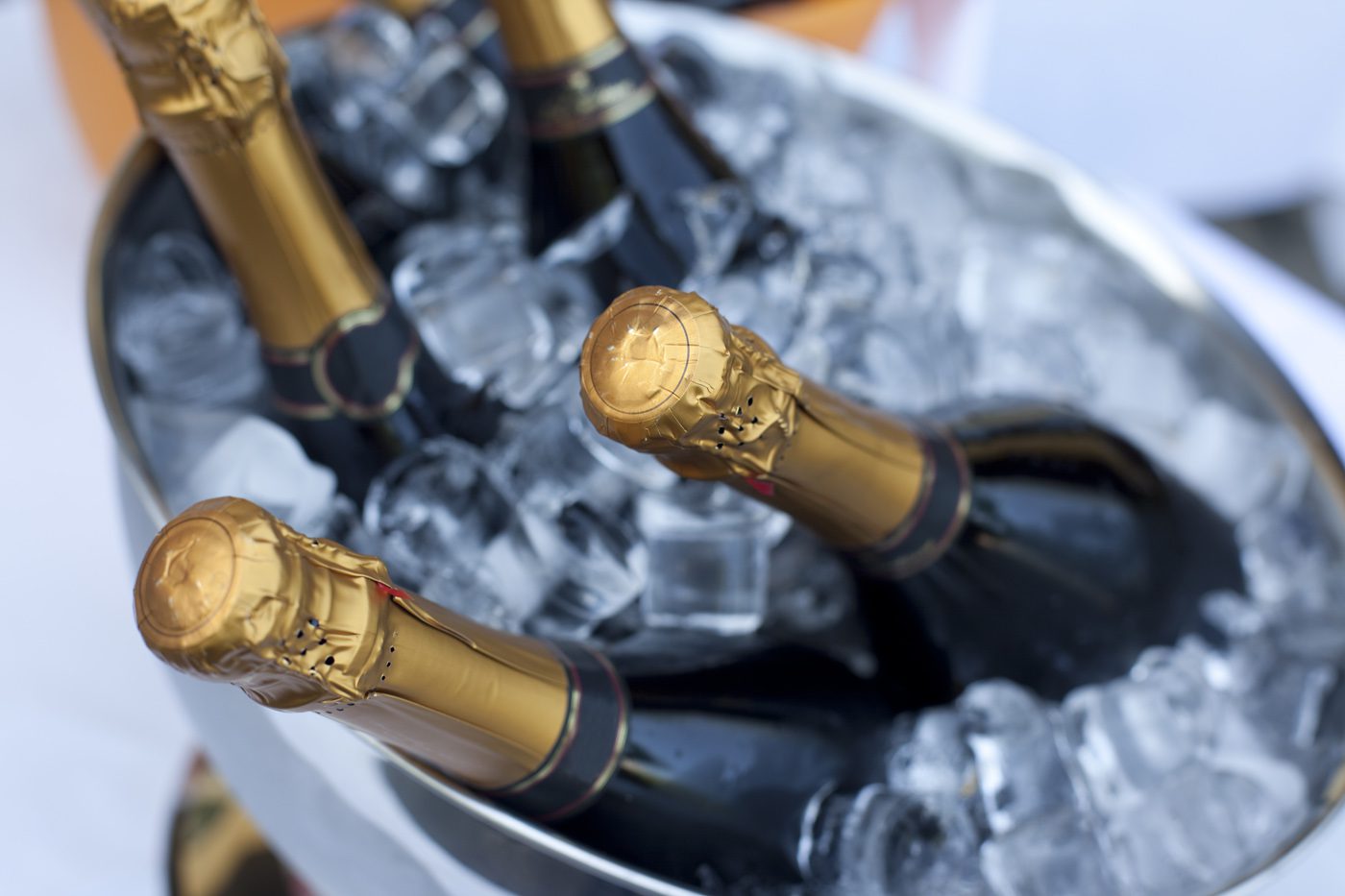Speaking in an interview with GlobalData, CIVC director of communications Thibaut Le Mailloux said shifts in weather patterns and temperature rises have fundamentally changed the way grape growers and wine producers in the region operate.
He added that age-old Champagne truisms - such as harvesting 100 days after the vines flower - no longer apply, as climate change brings early harvests and changes to the grapes themselves that are lowering their acidity.
Le Mailloux went on to say that they are clearly already producing Champagne in a climate that's "different from the one of our fathers.”

The CIVC said that the Champagne region managed to "cut its greenhouse gas emissions by 15 per cent per bottle shipped".
To combat the changes, the CIVC is spearheading research and development into maintaining the sparkling wine's taste profile. The group, which oversees Champagne, has also launched sustainability targets to lower its carbon footprint in wine production and supply chain logistics.
Le Mailloux said: “Changing some parameters of production has always been a tradition in Champagne. This time, it's more pressing, because the change is drastic.
"It's happening very fast. The challenge is to be able to still produce brilliant wine in ten, 20, 30, or 50 years time.
“It's less about adapting to climate change - it means radical changes and innovations.”
Looking to the future, Le Mailloux stated that they are preparing for even higher temperatures, drier climates and possibly more violent climatic events, he said: "This year, we lost 10 per cent to 11 per cent of the potential harvest through sunburned grapes. We have broken the highest temperature ever recorded in Champagne - 42.9°C.”
A recent press release by CIVC stated that "global warming in the region is a fact", adding that temperatures have increased by close to 1.2°C in 30 years and that the blossoming and grape harvest dates have moved forward by a fortnight.
However, it added that the whole sector has been combating the problem since the 80s and will continue to do so.
“The Champagne houses and growers are more united than ever before around a sustainable wine-growing strategy,” stated CIVC director general Jean-Marie Barillère. "Promoting our wines means constantly innovating so that we can pass on our economic and environmental heritage to future generations."
